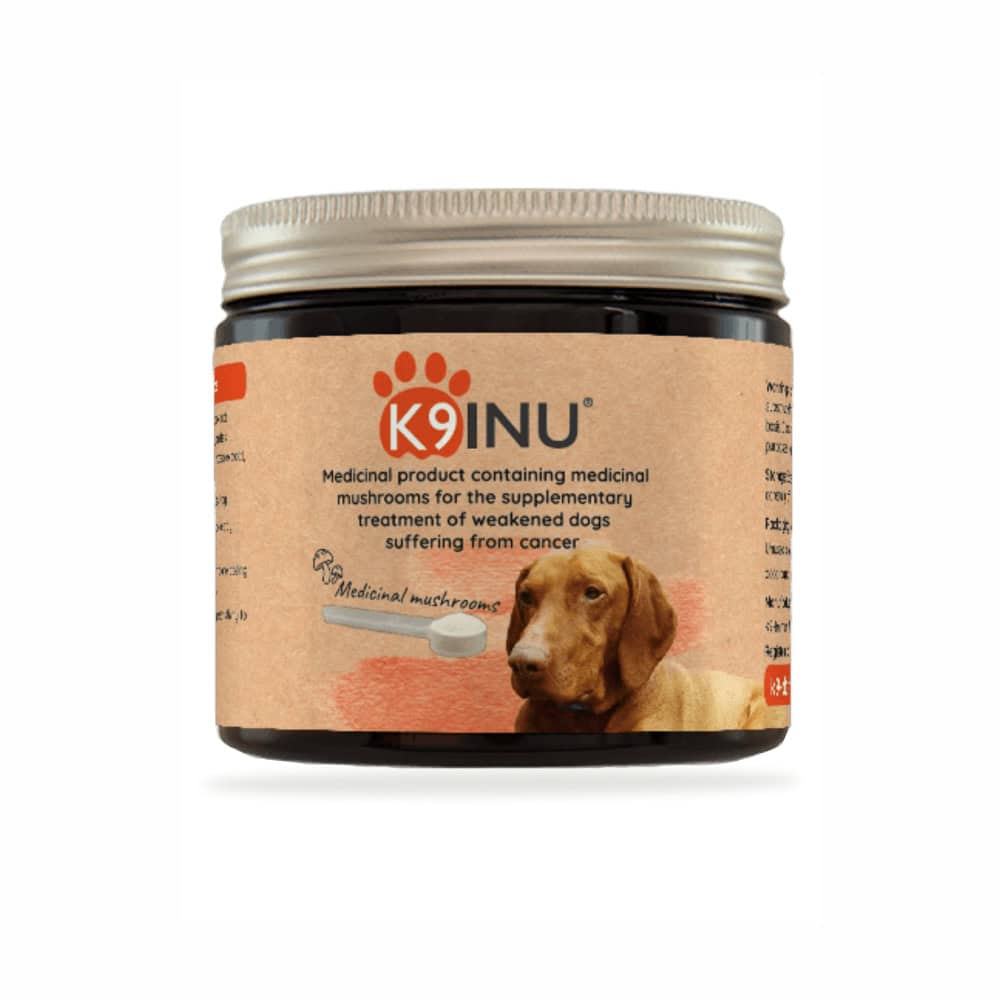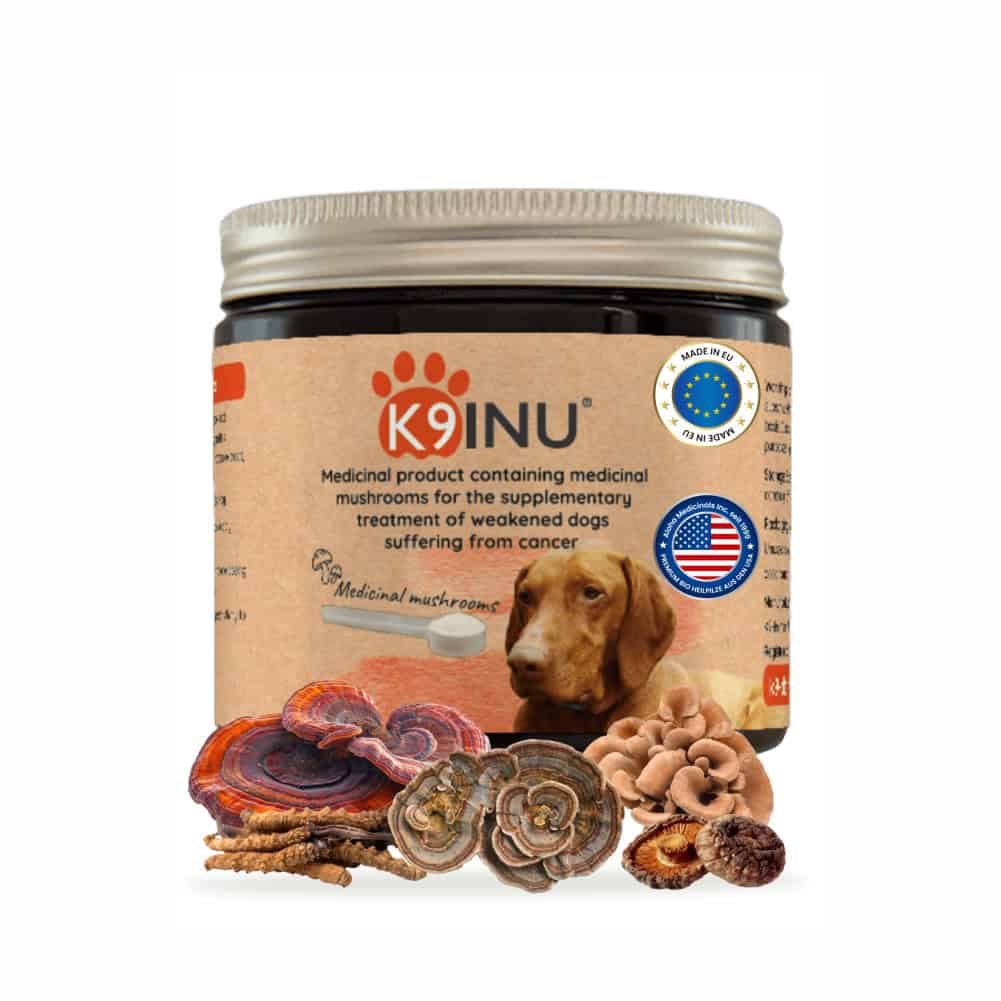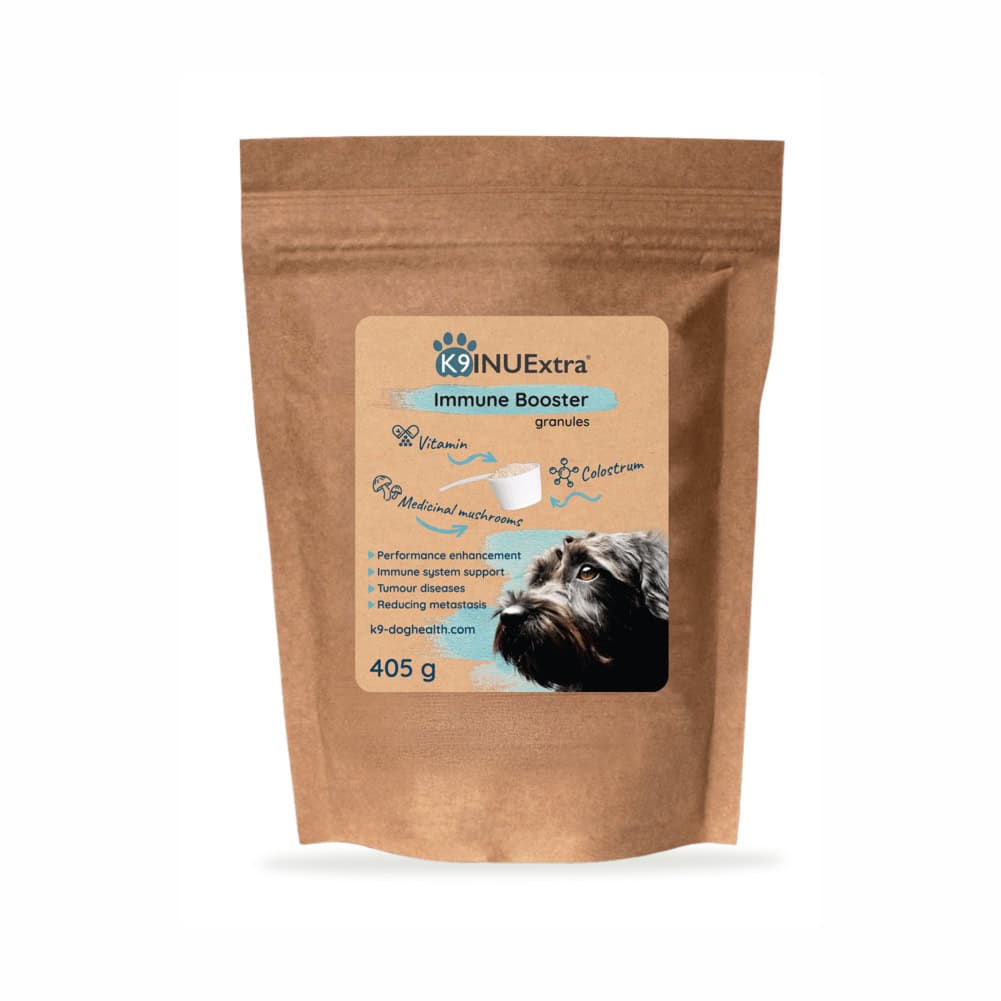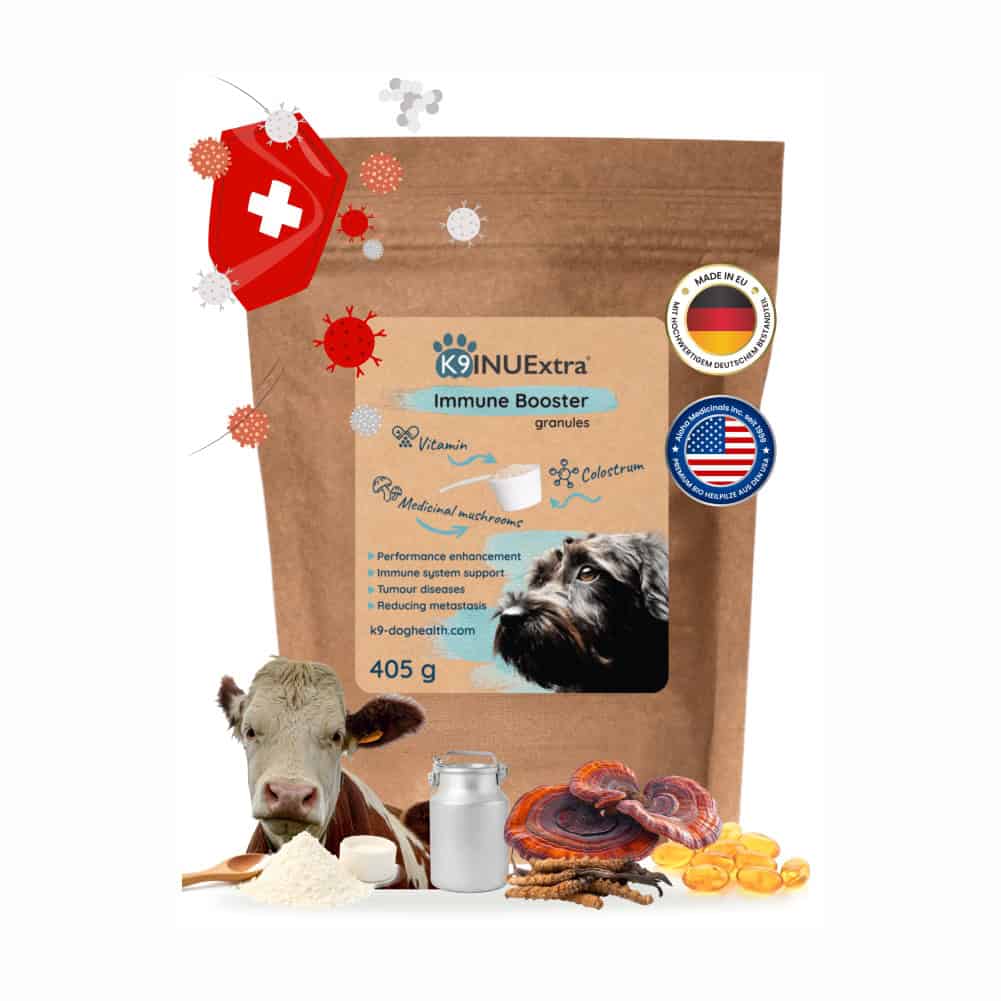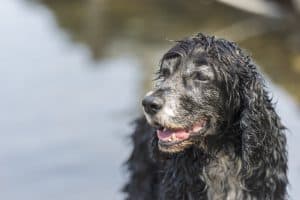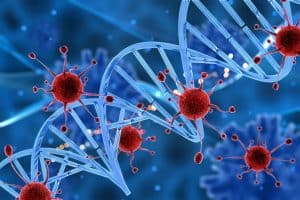Symptoms of dog cancer – 10 early signs
Cancer is sadly becoming more and more common in our dogs. While the symptoms of dog cancer often resemble those in humans, our canine companions can’t tell us what they’re feeling, where it hurts, or what has changed.

Dogs are vulnerable to just as many types of cancer as humans. Cancer doesn’t discriminate – it can affect purebred and mixed-breed dogs, young and old alike. That said, senior dogs are generally at higher risk. Many factors can play a role in the development of cancer, including genetics, poor living or dietary conditions, environmental stress, or even a dog’s reduced ability to cope with daily challenges.
The symptoms of dog cancer are wide-ranging, often varying with the type of tumor. What makes things even more challenging is that dogs can’t tell us how they’re feeling, and their naturally high pain tolerance often hides the early warning signs.
This is why regular veterinary check-ups and close observation at home are so important. If you notice any change in your dog’s usual habits – like sudden weight loss, unexpected weight gain, or any unusual behavior – don’t ignore it. Always have it checked by a vet.
Some signs of cancer in dogs are obvious, such as visible lumps or bumps on the body. However, many symptoms are much more subtle and easy to overlook.
Symptoms of dog cancer
Here are 10 signs of cancer in dogs that could indicate cancer. While these signs may also be linked to other health problems, it’s always best to take them seriously and consult your veterinarian.
Balance problems and coordination issues
If your dog suddenly starts pacing back and forth, shows weakness in the limbs, begins to limp, or even collapses, get them to a veterinarian right away. In some cases, dogs may briefly lose consciousness but quickly recover as if nothing happened. If your dog can’t put weight on one of their legs, starts to limp for no apparent reason, or shows unexplained weakness, these could all be early warning signs of cancer in dogs.
Urination, diarrhea, or trouble with bowel movements
Notice your dog going to the bathroom more often than usual, or struggling to urinate or defecate from one day to the next? These changes should never be ignored. Difficulty passing stool despite repeated efforts, or any sign of blood in urine or feces, is always a reason to call your vet right away. While these symptoms of dog cancer may have several causes, they can sometimes be linked to cancer.
Skin changes and unusual lumps
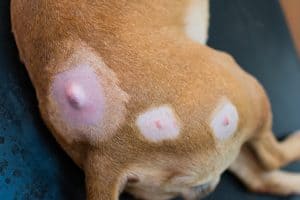
Skin lumps in dogs can be cysts or tumours – one of the possible symptoms of dog cancer.
As dogs age, it’s common to see warts develop on areas like the eyelids or cheeks, and you may also notice enlarged fatty glands. These changes aren’t always a sign of cancer, but it’s still a good idea to ask your vet about the best way to treat them.
You might also find a range of lumps – some hard, some soft, some that move under the skin. Many of these may be harmless cysts or benign growths, but they can also be tumors. Any bump that’s painful, itchy, or doesn’t heal with regular treatment or antibiotics should always be checked by a veterinary specialist, as it could signal something more serious.
Nosebleeds and nasal symptoms
Nosebleeds can be caused by a sting, a toclasis, or a nasal tumour. Make sure you take him to the doctor! If it’s a sting, it’s because the sting can go down into his lungs, if it’s a sting, it’s for pain relief, if it’s a tumour, it’s for a proper check-up. If you don’t see any blood, just scratching his nose with his paws or sneezing a lot, you should still see a doctor!
Unusual discharge from the nose, eyes, or other areas
Discharge from the nose or eyes that has an odd smell, unusual color, or abnormal consistency can sometimes be a warning sign of cancer in dogs, in addition to infections or allergies. Persistent or unusual discharge from the genital or rectal area may also indicate a more serious underlying problem, including the possibility of a tumor. If you notice any of these changes, book a veterinary appointment promptly.
Symptoms of dog cancer
Unexplained weight gain
If your dog starts gaining weight despite a normal diet and regular exercise, it could be due to a thyroid or hormonal problem – or in some cases, even a tumor. Always check with your vet if you notice any sudden or unexplained changes in your dog’s weight, as this may be one of the symptoms of dog cancer
Sudden weight loss or loss of appetite
Tumor cells multiply rapidly and use a lot of the body’s energy. If your dog is losing weight even though their diet and activity levels haven’t changed, cancer could be the underlying cause. Pay special attention if your dog – especially one who usually loves food – suddenly starts refusing meals or even their favorite treats. This can sometimes be a sign of cancer in dogs, particularly if it affects the digestive system.
Seizures or sudden twitching
The sudden onset of seizures, twitching, or foaming at the mouth can be alarming – while these signs of cancer in dogs are sometimes linked to stroke or epilepsy, they can also be warning signs of cancer. If your dog experiences any kind of seizure or unusual neurological episode, contact your veterinarian as soon as possible.
Changes in the mouth – bad breath or bleeding
Persistent bad breath, changes in gum color, or sudden bleeding from the teeth or gums can all be linked to oral cancer. It’s a good habit to check your dog’s mouth and teeth regularly – this way you can spot dental issues like gum disease or tooth decay, and you’ll also be able to notice the early symptoms of dog cancer or other serious problems.
Sudden mood changes or unusual behavior
Tumor cells can use up many of the nutrients your dog needs. This drains the body’s energy and can make your dog tired. Your pet may become less playful than usual. If your dog suddenly loses interest in favorite activities, take notice. Refusing walks or becoming withdrawn is also a warning sign. If a normally friendly dog turns irritable or starts to avoid family and other pets, see your vet. Such mood changes can be an early sign of cancer in dogs or another health problem.
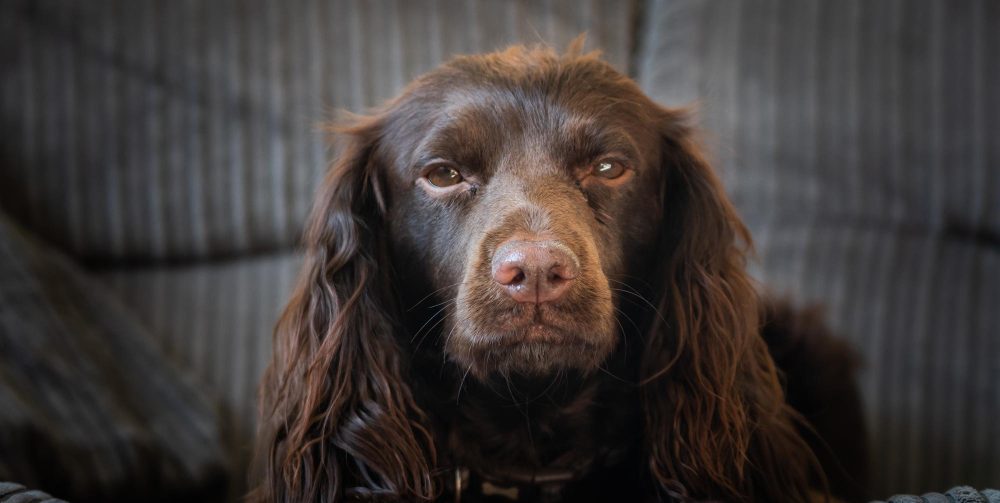
Catching cancer early is critical for successful treatment. If you ever suspect that something might be wrong, don’t wait – take your dog to the vet as soon as possible. Prompt veterinary care and the right diagnostic tests can make all the difference for your dog’s health and quality of life.
How cancer affects your dog’s body
Cancerous cells can multiply very quickly. They draw energy and nutrients away from your dog’s body. This weakens your dog over time and puts extra strain on the immune system. As the immune system becomes overworked, it becomes less effective. This leaves more chance for illness and for cancer cells to keep spreading. Recognizing the signs of cancer in dogs early gives your pet the best chance for treatment.
Modern veterinary medicine offers several options for treating cancer in dogs – including surgery, chemotherapy, and radiation therapy. While these treatments play a crucial role in reducing the burden on your dog’s body, they may not address the underlying reasons why the immune system isn’t able to stop cancer cells from multiplying.
This is why alternative therapies are becoming more popular alongside traditional treatments. One of the most promising approaches today is immunomodulatory therapy – a treatment that works by supporting and regulating the immune system and helping the body fight the symptoms of dog cancer.
Supporting your dog’s recovery
Immunomodulatory therapy for cancer typically involves two key steps:
- Start by reducing the size of the tumor with surgery or chemotherapy. This step takes pressure off your dog’s body.
- Next, activate and support the immune system. This helps it recognize cancer cells and respond effectively to the signs of cancer in dogs.
Alongside veterinary care, natural supplements can also play a valuable role in supporting your dog’s immune system. For example, K9 INU® and K9 INUExtra® are both based on a blend of six different immune-boosting medicinal mushrooms.Their main active compounds are heteropolysaccharides. These natural molecules are backed by several scientific studies. They can stimulate the immune system. They also help the body fight tumors and slow the spread of cancer cells.
Supporting your dog works best when you combine proven medical treatments with natural, science-based solutions. This approach gives your dog the best chance for a healthy recovery and helps address the symptoms of dog cancer from multiple angles.
A proper diet is essential!
Cancer now ranks among the leading causes of death in dogs. Many experts link this to poor nutrition. Most commercial pet foods contain lots of grains. Dogs never naturally graze in wheat fields. Dogs lack the enzymes needed to digest and use grains. They are true carnivores. A grain-based diet does not give your dog the nutrients it needs. This can raise the risk of immune problems and cancer. A poor diet can be a root cause of cancer in many cases, or even worsen the signs of cancer in dogs.
If poor diet leads to cancer, then the right food is vital for dogs with cancer. Good nutrition is one of the best tools for treatment. Give your dog all the nutrients it needs to stay strong. Don’t choose food just because it’s expensive, popular, or trendy. Pick what truly supports your dog’s health.
Proper diet gives dogs their best chance to fight cancer and manage the symptoms of dog cancer. Always look for foods that match your dog’s real needs. For more guidance, read our article: FEEDING A DOG WITH CANCER.
More about dog cancers
Source: pethealthnetwork.com, rd.com,
